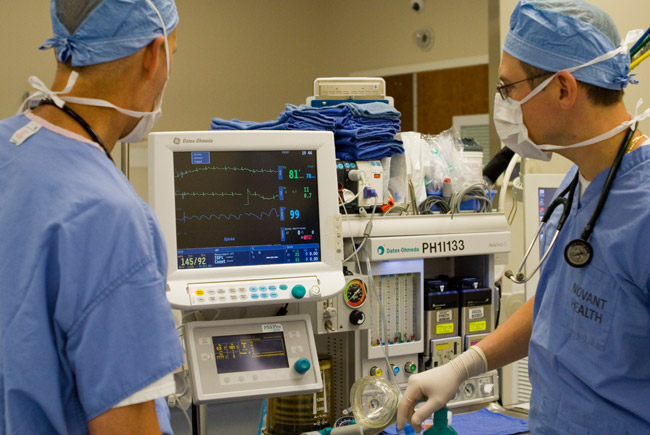Healthcare Collaboration in the Age of HIPAA

Secure collaboration and communication in healthcare has always been a challenge. (One of the reasons pagers are still prevalent in our industry!) Even so, it’s critical to patient care. Doctors, physician’s assistants and nurse practitioners must be able to share information seamlessly.
Protected communication methods of years past were either too cumbersome or too complicated. Today, software companies are approaching HIPAA with more confidence, and they’re transforming the way providers communicate and collaborate on sensitive data like PHI (Protected Health Information).
When evaluating a software application’s usability within the healthcare arena, you must first ensure the company is willing to sign a Business Associate Agreement. This contract is imperative, because A) it details the product’s technical methods and policies, thus satisfying HIPAA requirements, and B) the software company assumes liability for any HIPAA violations resulting from a failure in these methods and policies.
Outside of software applications, other popular options for consideration allow communication and collaboration through secure texting and/or file sharing. Whatever method you choose, the goal is the same: For clinicians to maintain open and ongoing discussion of sensitive information, facilitating optimal patient care and driving improvements to patient safety.
